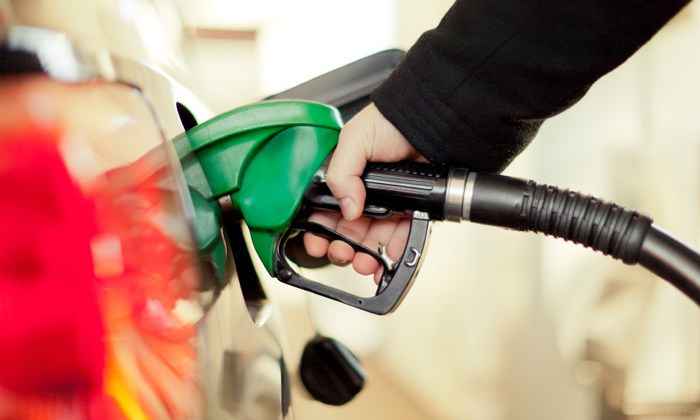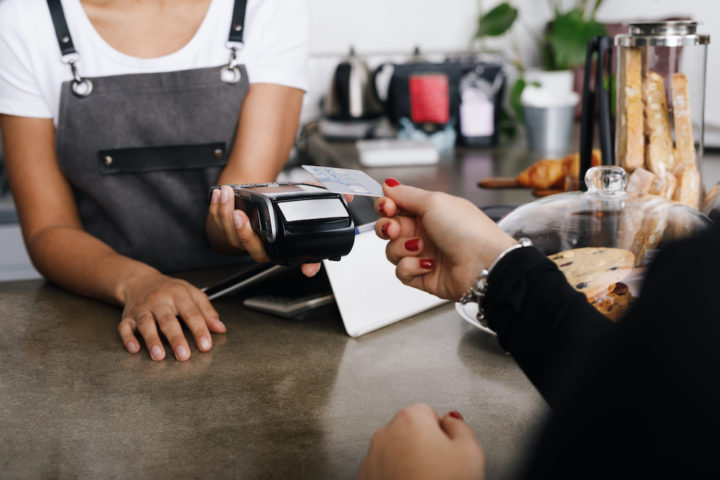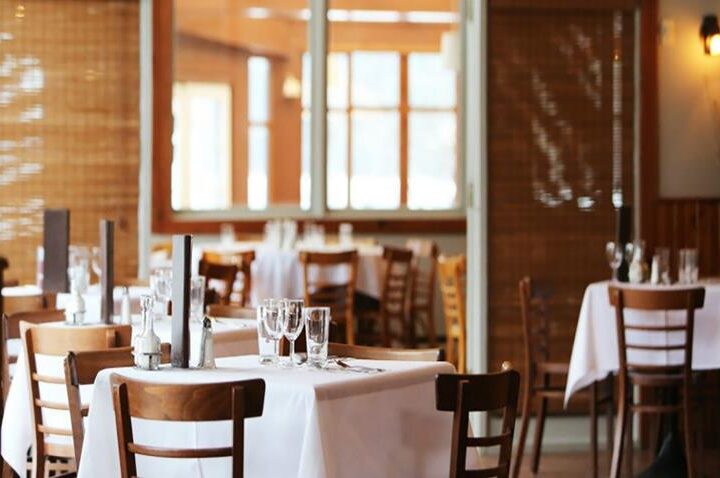The resurrection of demand in the global economy has driven up crude oil prices, the main component of fuel at petrol stations.
But according to an executive director of a fuel distribution group in Cyprus, who asked to remain anonymous, crude is not the only thing that drives prices at the pump.
Refinery and shipping costs are also on the rise, but the value added tax (19%) levied on top of the 44 cents excise tax per litre only exacerbates consumer prices further.
According to economist Marios Mavrides, a member of parliament with the ruling DISY party, fuel is a necessity, and higher taxes are biting more into the disposable income of poorer consumers.
Mavrides argues that affordable and efficient public transportation should be provided first before taxing so heavily the poor for a necessity.
From an environmental and economic point of view, high consumption taxes could be a good thing.
Higher prices typically force demand lower and lead to alternatives, or so the economic theory suggests.
But what are the alternatives for the ordinary consumer in Cyprus?
There are just two.
The obvious is to resort to cheaper fuel stations in the occupied north, and the second is to try and avoid the use of private vehicles as much as possible.
Both choices are inefficient.
Realistically, few transportation alternatives exist.
Unlike many European countries, Cyprus has not developed a good public transportation system.
Although we have been unable to collect statistics as to who would make good use of it, simply because they do not exist, we have some clues.
After spending some time at Nicosia’s central bus terminal at Solomos Square, you get an idea of consumer demographics.
Although my estimate is far from scientific, it wouldn’t be a stretch to say that more than half of the commuters are non-Cypriots.
Clearly, most Cypriots find it more convenient and efficient to use their private vehicles.
Many more affluent people have SUVs, some of which are not so efficient.
As fuel cost keeps rising, owners will find their use less attractive.
What’s the alternative?
Better personal management of transportation needs to minimise personal vehicles, leading to fewer traffic jams and pollution.
But such arrangements cannot come at the expense of personal time wasted for using the anachronistic public transportation system.
Rising fuel cost is hurting the middle and lower-income families while unjustly enriching government coffers.
The government should invest more in electric-powered public transportation, including ways to promote solar-powered vehicles.
Europe is pushing member states to accelerate the fight against carbon pollution, and Cyprus is lagging at a huge financial cost and paying emission penalties.
Addressing public transportation with more environmentally friendly ways is an opportunity that we simply cannot afford to miss.
Even at the expense of cars, creating more bicycle lanes is perhaps another way to deal with the issue, but transportation studies must be conducted.
Currently, fuel prices appear to be on the rise, and consumers will find it increasingly difficult to deal with them.
Whatever the best solution may be, it is time for the government to take on the challenge and address the issues with long term solutions without any delay.
The alternative will be very costly.
Michael S. Olympios is an economist, business advisor, Editorial Consultant to the Financial Mirror










